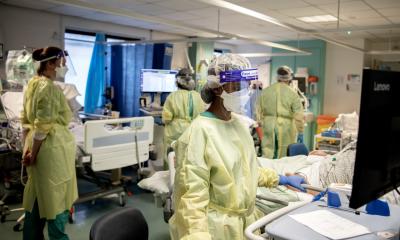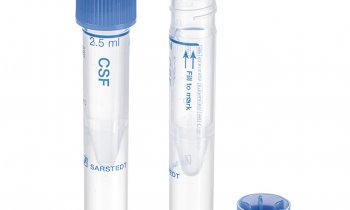Article • Oncology
Pancreatic cancer - current challenges and future direction
Pancreatic cancer is one of the deadliest cancers in the world, and one of the most difficult to treat. In 2020, an estimated 495,000 individuals worldwide were diagnosed with pancreatic cancer and an estimated 466,000 died, according to statistics from the World Health Organization’s International Agency for Research on Cancer. Most patients with advanced disease die within a year of treatment, and most with localized early-stage disease do not survive beyond five years.
Report: Cynthia E. Keen
Image source: Scientific Animations
The regions with the highest incidence of pancreatic cancers are North America and Europe, so it is fitting that the ASCO/ESMO joint session of the 2021 annual meeting of the American Society of Clinical Oncology held virtually in June would focus on pancreatic cancer’s current challenges and future directions in diagnosis and treatment. Session presenters discussed epidemiology and genetics, treatment options for resectable and borderline resectable pancreatic cancer, and novel therapies being evaluated and used.
Epidemiology and genetics
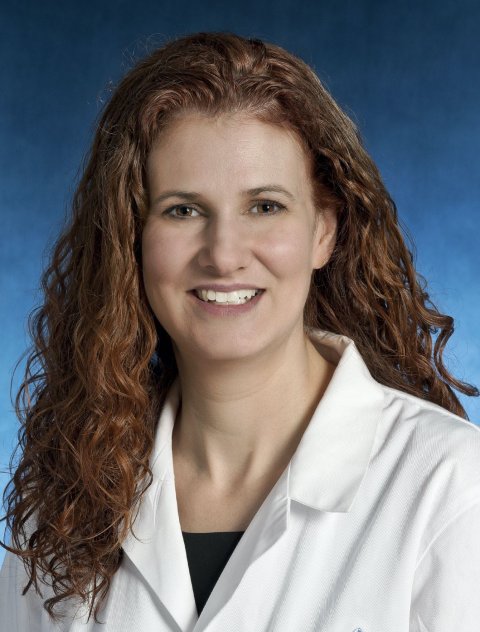
Pancreatic cancer has doubled in the past 25 years, due in part to global population aging and the increasing percentage of people who have diabetes or are obese. These three factors all increase risk of developing pancreatic cancer, and help explain locations of highest risk and disease incidence, according to Alison P. Klein, Ph.D., Professor of Oncology, Pathology and Epidemiology at Johns Hopkins University School of Medicine in Baltimore. Additional risk factors include consistent heavy alcohol consumption (about a 60% risk increase), smoking (about a two-fold increase), and familial history (about a 2-17-fold risk increase). Researchers have identified some of the mutations that contribute to genetic risk, and which can help determine the most effective treatment. “Pathogenic variants in 12 genes have been strongly associated with an increased risk of pancreatic cancer. Most common are pathogenic variants in BRCA2, associated with hereditary breast and ovarian cancer, and the ATM gene which are associated with about a 406-fold increased risk. Mutations in the mismatch repair gene most associated with hereditary non-polyposis colorectal cancer have about an eight-fold risk, as well as mutations in genes most notably associated with hereditary pancreatitis,” said Dr. Klein. “However, in many patients with a family history, we still do not know the underlying genetic mechanisms, and this is an important area of ongoing research. We now recommend germline genetic testing for all pancreatic cancer patients, regardless of family history.”
“Common genetic variants in about 20 genomic regions have been associated with pancreatic cancer, many associated with 10% to 20% increased risk. While not individually actionable, scores of these combined together might offer the opportunity to identify high risk individuals,” she explained. “There are global initiatives underway to assemble genome-wide genomics data data from diverse populations in Africa, Asia, Europe, and North America, including Black Americans, to create the sample sizes needed to delve deep into the genetics of pancreatic cancer across ancestry groups.”
Surgical options for resectable and borderline resectable pancreatic tumors
Fewer than 20% of newly diagnosed patients are candidates for surgery, because the majority are diagnosed with advanced disease. There are no screening tests to identify early-stage cancer when patients may be asymptomatic. Pancreatic cancer at any stage is difficult to diagnose because symptoms such as lethargy, loss of appetite, abdominal pain, and weight loss are similar to other common and less lethal health conditions.

Professor Christiane J. Bruns, M.D., Ph.D., director of the Department of General, Visceral and Tumor Surgery of the University of Cologne, explained that the most common type of pancreatoduodenectomy surgery is the Couch-Whipple procedure, but that the gold standard among European surgeons for pancreatic ductal adenocarcinoma (PDAC) in the head of the pancreas is the plyorus-preserving pancreatoduodenectomy, the Traverso-Longmire procedure. Standard lymph node D2 dissection is preferred to extended D3 lymph node dissections. “Our objective whenever possible is to attain R0 margins while lowering morbidity and improving quality of life,” she said.
Technical progress in resectable surgeries over the past 10 years include laparoscopic or robotic distal pancreatectomy for tumors located in the corpus and the tail of the pancreas, as well as laparoscopic and robotic pancreatoduodenectomy, which Dr. Bruns said is recommended only in the context of clinical trials. “The big question among surgeons is whether patients who are potentially curative resectable should received upfront neo-adjuvant therapy to reduce tumor size,” said Dr. Bruns. “We probably would also have higher rates of resectibility in general, and we definitely will have less dose adjustments or protocol violations as compared to adjuvant therapy. But most importantly, during time of neo-adjuvant therapy, we could make a better patient selection for surgery. Patients with stable disease have favorable tumor biology, but patients with progressive disease have unfavorable tumor biology, and then surgery would never help.”
Clinical trials are being conducted on the benefit of neo-adjuvant chemotherapy. Dr. Bruns referenced two that interest her. A randomized controlled phase III study enrolling 90 patients in Norway is comparing overall mortality at 12 months for patients who either have surgery first followed by chemotherapy, or have neo-adjuvant chemotherapy with four cycles of Folfirinox followed by a resection and additional chemotherapy. NEONAX, a German trial enrolling 166 patients, is comparing disease-free survival at 18 months. In addition to determining if neo-adjuvant chemotherapy before surgery provides better options, the trial is hoping to better identify patients who will benefit from surgery and to establish a histopathological tumor regression score to evaluate the efficacy of the neoadjuvant treatment.
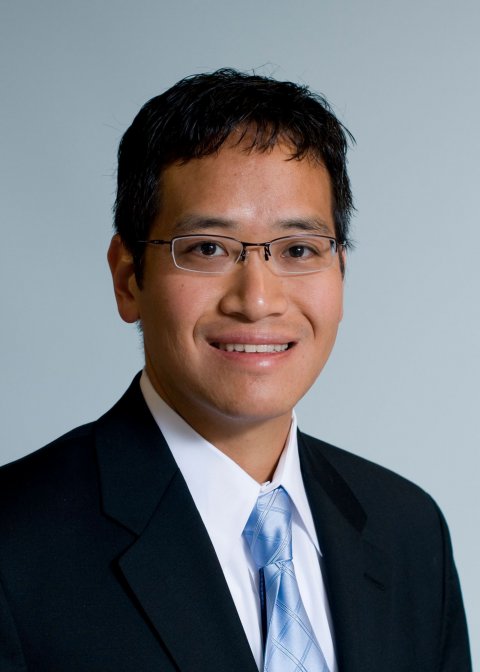
Professor Theodore Hong, M.D., director of gastrointestinal radiation oncology at Massachusetts General Hospital in Boston, discussed recent findings of clinical trials relating to neoadjuvant treatment that included chemotherapy, radiation therapy, or both, for patients with borderline resectable pancreatic cancer. Although not directly comparable, results from recent clinical trials suggest that radiotherapy may be beneficial for some patients.
Dr. Hong finds the long-term results of the Dutch 16-center randomized phase III PREOPANC trial presented at the 2021 ASCO meeting by Professor Casper H.J. Van Eijck, M.D., Ph.D., a pancreato-biliary surgeon at Erasmus University Medical Centre in Rotterdam, to be encouraging. Dr. Van Eijck reported that preoperative chemoradiotherapy improved overall survival for both resectable and borderline resectable patients. Three-year and five-year survival rates were 27.7% and 20.5% respectively after preoperative chemoradiotherapy compared to 16.5% and 6.5% after immediate surgery. Disease-free survival, locoregional failure-free interval and distant metastases free interval also improved after preoperative CRT among the 246 patient cohort.
At Mass General, patients are treated with total neoadjuvant therapy with Folfirinox and radiation. “We recognize that this treatment has not been the subject of a randomized clinical trial,” said Dr. Hong. But we believe that neoadjuvant therapy appears to be effective for borderline resectable pancreatic cancer, although the optimal regimen remains unknown at this time.”
Status of novel therapies
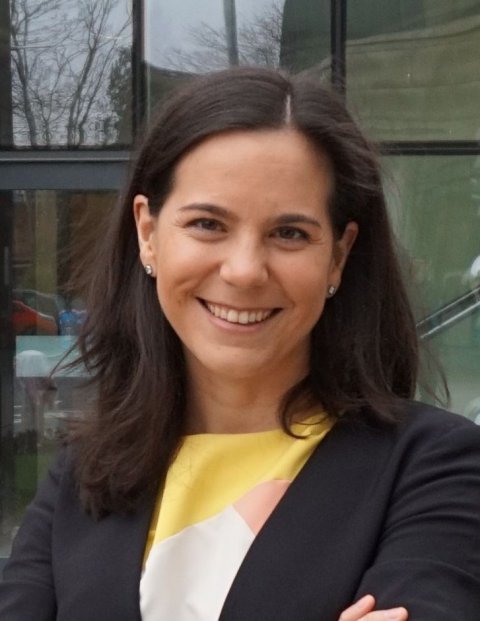
Personalized and precision medical treatments have not been as effective for pancreatic cancers as they have with other types of cancer. “Personalized medicine has not produced convincing results,” said Angela Lamarca, M.D., Ph.D., of the Christie NHS Foundation Trust and Institute of Cancer Sciences at the University of Manchester. “We better understand the molecular biology but are identifying genetic alterations that are not targetable as yet because we do not have specific molecular targeted drugs.”
Dr. Lamarca said that some precision medicine treatment options have been developed that are showing partial and complete responses. But they tend to be for rare mutations, such as germline BRCA1 and BRCA2 (5%-7% of patients), K-ras mutations (less than 1%), and MMR deficiencies (less than 5%). She is excited about new chemotherapy drugs being developed, such as those targeting the stroma. She also discussed research in immunotherapy and predicts that it will be used in conjunction with chemotherapy in the future.
Profiles:
Alison P. Klein, Ph.D., Professor of Oncology, Pathology and Epidemiology at Johns Hopkins University School of Medicine in Baltimore and Director of the National Familial Pancreas Tumor Registry. Her research focus is to identify the genes and environmental factors that cause pancreatic cancer and translate these findings into improved patient care and risk assessment.
Professor Christiane J. Bruns, M.D., Ph.D., is Director of the Department of General, Visceral and Tumor Surgery of the University of Cologne.
Theodore Hong, M.D., Professor of Radiation Oncology at Harvard Medical School, is Director of Gastrointestinal Radiation Oncology and co-Director of the Tucker Gosnell Center for Gastrointestinal Cancers at Massachusetts General Hospital in Boston. He specializes in treating gastrointestinal cancers with radiation therapy, and has a specific interest in evaluating new strategies of multidisciplinary treatment, proton therapy, and new radiation/drug combinations through prospective clinical trials. His research has established new standards in the management of liver tumors in localized, unresectable pancreatic cancer.
Angela Lamarca, M.D., Ph.D., is a Consultant in Medical Oncology specializing in hepato-pancreato-biliary and neuroendocrine malignancies at the Christie NHS Foundation Trust and the Institute of Cancer Sciences at the University of Manchester. She is active in the International Biliary Tract Cancer Collaborators (IBTCC), the European Network for the Study of Cholangiocarcinoma (ENS-CCA) and the EORTC Gastrointestinal Cancer Group.
15.07.2021




